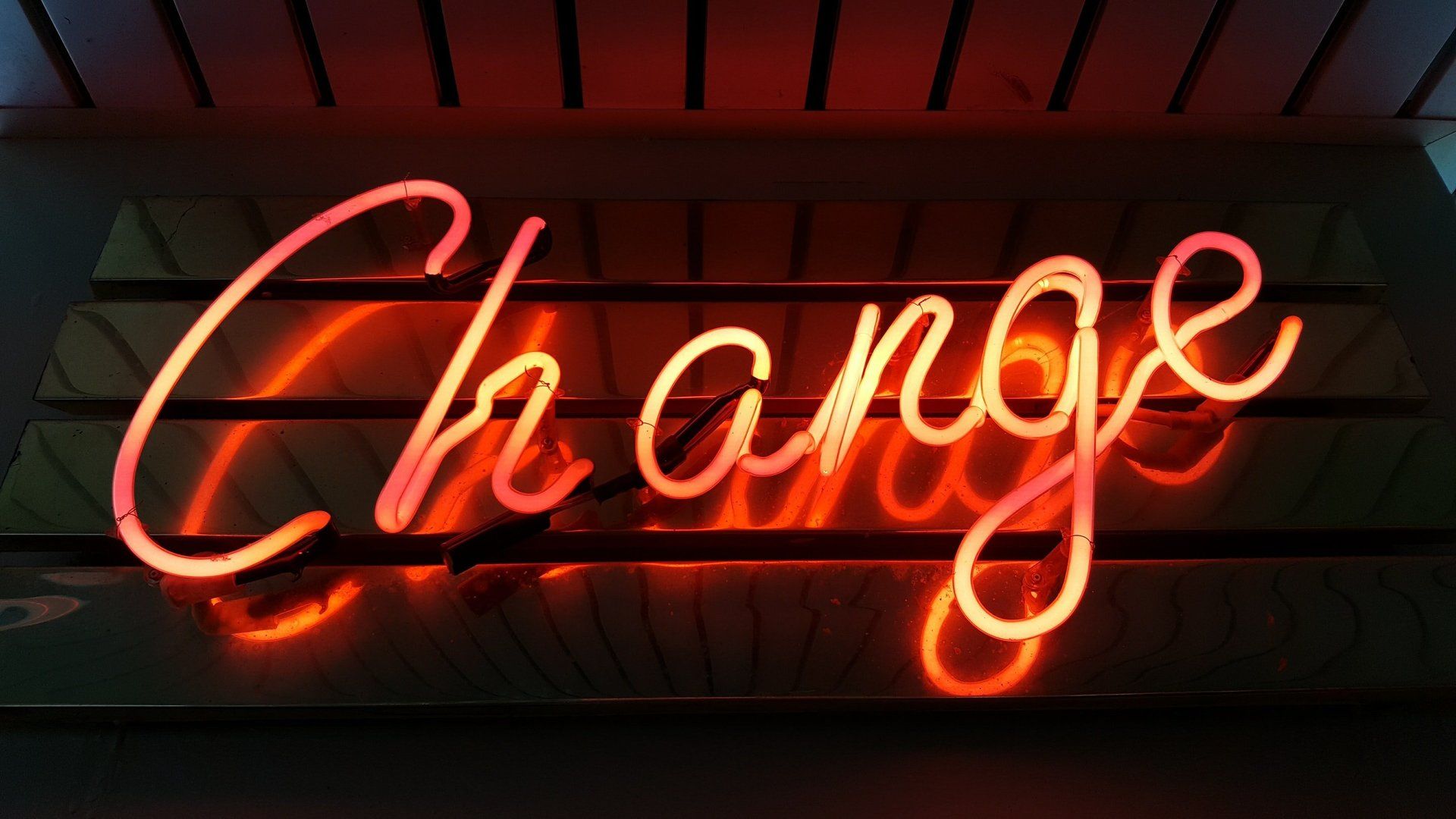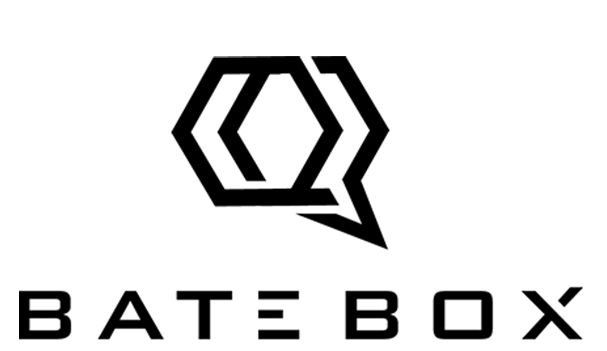Alternative Economy
The Alternative Economy, what is it?

The alternative economy is is an ideal that has been sought by a few, with numerous attempts, in the lifespan of capitalism, a few surviving within indigenous communities and other with modern day Intentional Communities intention, albeit most compromising with a convenience use of technology.
Technological advancement has been motivated by the evolution of man for personal significance through acquisition and personal control. A 'Missing Kind' consumer based on self and not ripe has evolved. Lost are many the values of nature, respect and holistic care.
There are many economic schemes operating at a local level that seek to retain wealth within that economy, cooperatives, bartering, sharing schemes, community gardening and amenities are a few.
Sufficiency economy
...is the name of a Thai development approach attributed to the late King Bhumibol Adulyadej's "sufficiency economy philosophy" (SEP). It has been elaborated upon by Thai academics and agencies, promoted by the Government of Thailand, and applied by over 23,000 villages in Thailand that have SEP-based projects in operation.
Soon after ascending to the throne in 1946, King Bhumibol toured the country and became aware of the hardships facing Thai farmers. At that time, the per capita GDP was about US$200. He took a keen interest in rural development, and instituted a number of royal projects to help the lot of the rural impoverished.
Sufficiency economy came to prominence during the 1997 economic crisis when the King told a nationwide television audience, "Recently, so many projects have been implemented, so many factories have been built, that it was thought Thailand would become a little tiger, and then a big tiger. People were crazy about becoming a tiger... being a tiger is not important. The important thing for us is to have a sufficient economy. A sufficient economy means to have enough to support ourselves."
Three interrelated components and two underlying conditions are central to SEP's application. The three components are reasonableness (or wisdom), moderation, and prudence. Two essential underlying conditions are knowledge and morality. In contrast to the concept that the primary duty of a company is to maximize profits for the benefit of shareholders, SEP emphasises maximising the interests of all stakeholders and having a greater focus on long-term profitability as opposed to short-term success.
The Chaipattana Foundation says sufficiency economy is "...a method of development based on moderation, prudence, and social immunity, one that uses knowledge and virtue as guidelines in living"
Resource Economy
Global problems faced by mankind today are impacting individuals and nations rapidly. Climate change, famine, war, epidemics of deadly diseases and environmental pollution contribute to the long list of global challenges we, as humans, need to promptly address before an eventual catastrophe swiftly becomes inevitable. The drive to grow corporations for power over people without regard for planet or humanity is evident.
Regardless of political philosophy, religious beliefs, or social customs, all socio-economic systems ultimately depend upon natural resources, such as clean air and water, arable land, and the necessary technology and personnel to maintain a high standard of living.
Modern society has access to highly advanced technologies and can make available food, clothing, housing, medical care, a relevant educational system, and develop a limitless supply of renewable, non-contaminating energy such as geothermal, solar, wind and tidal.
It is now possible to have everyone on Earth enjoy a very high standard of living with all of the amenities that a prosperous civilization can provide. This can be accomplished through the intelligent and humane application of science and technology.
Individuals and interest groups are governed by laws that demand maximum profit where possible. These laws are inherent in the monetary system prevalent in most countries today – capitalism. The basic principles of capitalism demand exponential growth at all cost causing financial cataclysms.
We are separated by borders and beliefs which make it impossible for us to arrive at relevant solutions while being divided ideologically. Most of our problems today are technical but we are still looking for solutions through political means. We need to accept that eliminating these global threats requires the employment of methodologies rather than personal opinions.
“We cannot solve our problems with the same thinking we used when we created them.”
~ Albert Einstein
The Venus Project, schemed by Jaques Fresco, now observing from above, proposes a holistic approach with a global socio-economic system that utilizes the most current technological and scientific advances to provide the highest possible living standard for all people on Earth. The proposed system is called Resource Based Economy. The term and meaning was coined by Jacque Fresco, the founder of The Venus Project. https://www.thevenusproject.com/resource-based-economy/
In a Resource Based Economy all goods and services are available to all people without the need for means of exchange such as money, credits, barter or any other means. For this to be achieved all resources must be declared as the common heritage of all Earth’s inhabitants. Equipped with the latest scientific and technological marvels mankind could reach extremely high productivity levels and create abundance of resources.
Resource Based Economy concerns itself with three main factors, namely Environmental, Technological and Human. We invite you to investigate further into these factors and discover more about The Venus Project and Resource Based Economy.
The Ubuntu, One Small Town
“Ubuntu” is an African expression of ancient wisdom, which is echoed by all ancient civilizations. It simply means “unity within community” where everyone contributes their natural talents or skills for the greater benefit of all.
The native American Cherokee have a similar philosophy that says; “if it’s not good for everyone, it’s no good at all”. This philosophy is one of the founding principles of our proposed system of Contributionism.
The Ubuntu plan provides a blueprint for a new social structure, which delivers freedom from financial slavery to the whole town and everyone who participates.
Ubuntu Planet is focused on creating the first One Small Town, to lead by example, and serve as a model for all other towns anywhere in the world. The objectives are very simple and very achievable – but it will require us to WORK TOGETHER – UNITED.
OBJECTIVES:
- Unite the people in a simple vision and objective
- Where possible, provide our town with our own supply of electricity, which will support all our activities and liberate the town from reliance on the electricity grid.
- Rejuvenate our town with diverse industry and innovation that will provide work for everyone – not just a chosen few.
- Support our inventors and scientists to create new technologies on every level which will include an alternative energy supply that is eco-friendly and provide electricity at no cost to the community.
- Support our farmers to grow an abundance of organic food and banish GMO companies like Monsanto that are destroying our seeds and food security.
- Support our healers to develop new methods and technologies that truly heal people, and provide cures for most diseases, which many of us know is possible.
- Ensure the growth of traditional healing plants and prevent the pharmaceutical mafia from eliminating these plants.
- Support our teachers to develop an alternative education system that teaches our children real skills for life and opens their eyes to infinite possibilities.
- Support our Master Craftsmen to share their knowledge and skills with those who wish to learn.
- Evolve into communities free from the economic stranglehold created by the banking cartels.
REVOLUTION
This revolution of change happens not with guns or violence like our forefathers, but with the perspective that change can happen within a community based on our combined efforts. Existing laws and financial structures will be used to create this self-sustaining community.




